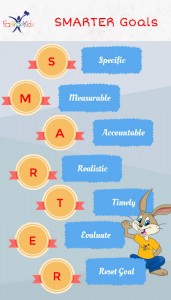Resolutions and Habits – CEO Nancy Faunce

Happy New Year! It is said that making New Year’s resolutions dates back to as early as 2600 B.C. / B.C.E. with the ancient Babylonians.
According to the University of Scranton’s Journal of Clinical Psychology, the top three New Year’s resolutions typically are 1) Lose weight, 2) Get organized and 3) Spend less, save more. The research also shows that less than half of Americans make New Year’s resolutions and less than half of those people keep their resolutions past six months. However, the study shows that people who explicitly make resolutions are ten times more likely to attain their goals than people who don’t.
So, how can we be more successful at making, keeping and achieving our resolutions? Often when we make resolutions – for ourselves and/or for our businesses – we are talking about ending old or bad habits and starting new or good habits. One definition of habit is “an acquired behavior pattern that is regularly followed until it has become an almost involuntary reaction.” A habit can be looking both ways before crossing the street; brushing our teeth before bed; reaching for a cigarette or chocolate when stressed; or working out in the morning.
Habits are powerful contributors to our success and our failures. New research of habits explained in The Power of Habit by Charles Duhigg shows that our habits are controlled and stored in the basal ganglia – the oldest part of our brain.
One of the key reasons for success is that people who make resolutions are explicitly thinking about the positive habits for success that they wish to have in their lives – or in their business. Many use the SMARTER system when they define their resolutions or positive habits for the New Year.
According to Duhigg’s research, the practice of creating successful habits has three things in common:
- Willpower – the ability to self-regulate and self-discipline. It also means recognizing that it takes time to create a new habit.
- Written Goal Setting – Research shows that you are more likely to accomplish something that is written down.
- Planning to Overcome Obstacles – People who are successful identify the things that cause them to follow bad habits that can derail the best of intentions.
Finally and most importantly, successful habits start with a positive attitude. Quoting William James – “Success or failure depends more upon attitude than upon capacity. Successful people act as though they have accomplished or are enjoying something. Soon it becomes a reality. Act, look, feel successful, conduct yourself accordingly, and you will be amazed at the positive results.” In other words, fake it until you make it.
For more on making and keeping New Year’s resolutions, see this Time.com article.
